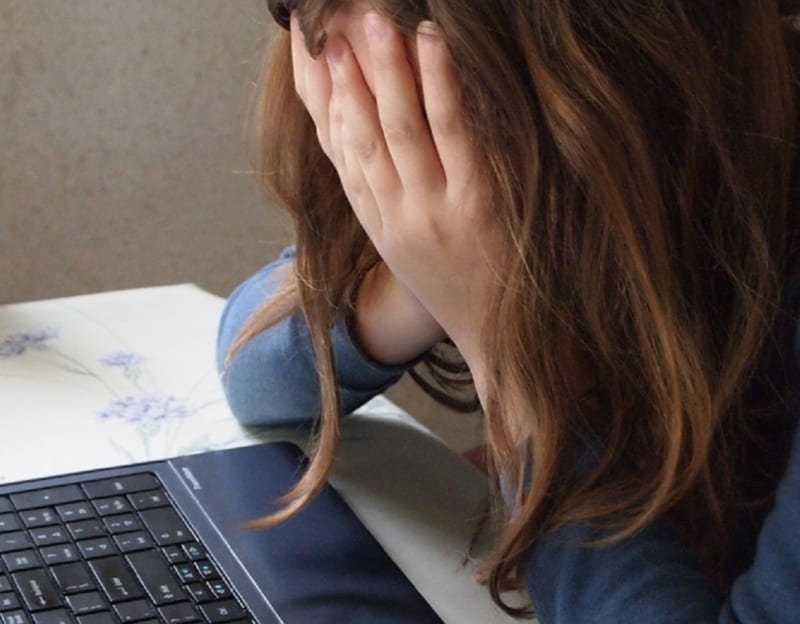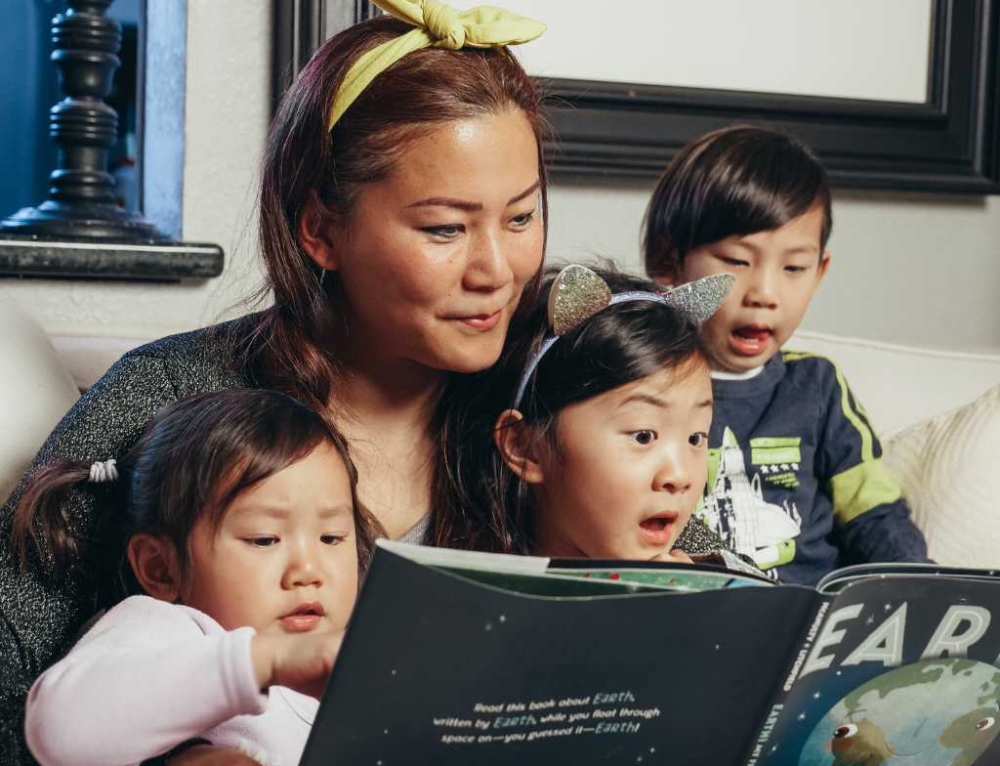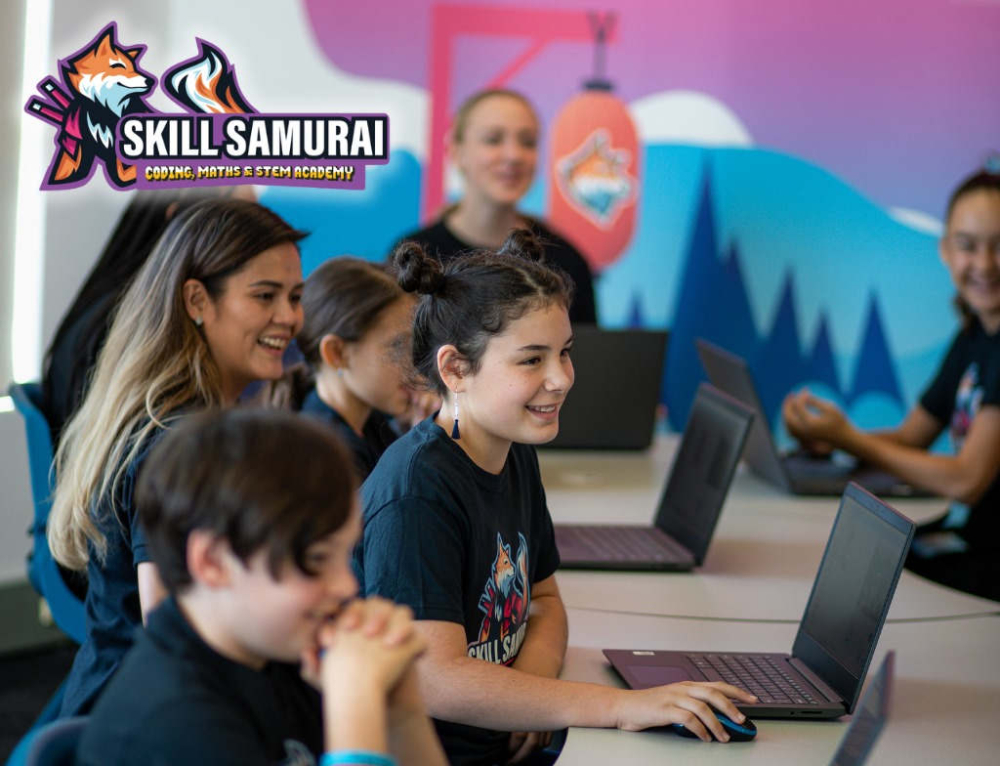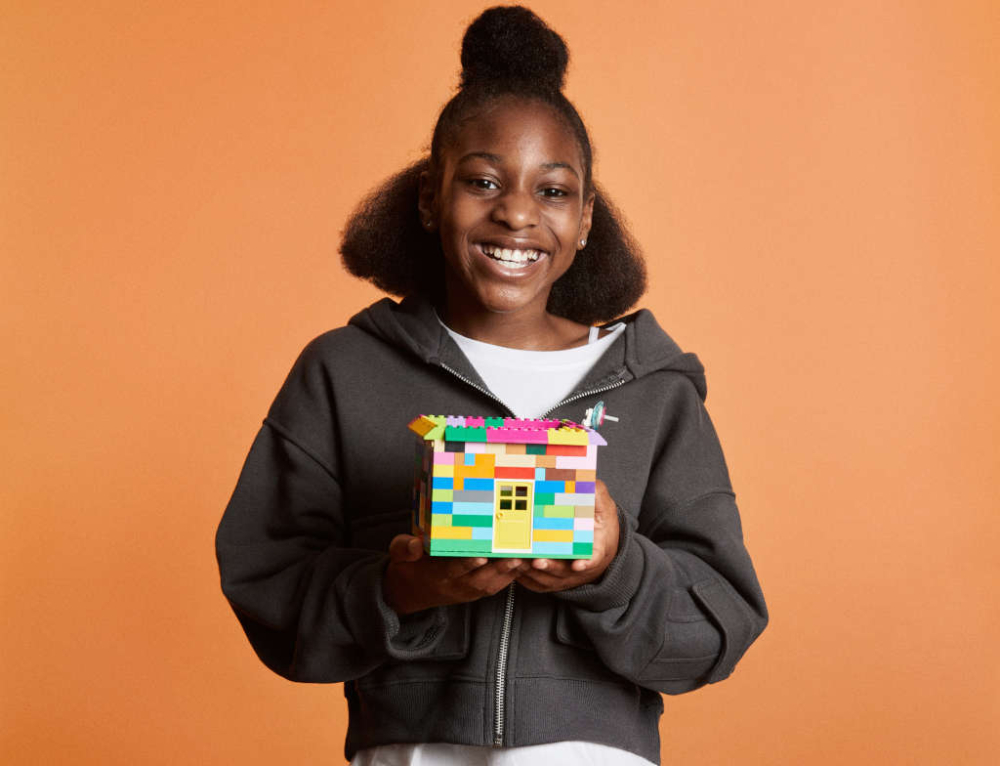Talking to your kids about bullying – whether they have been exposed or not – helps them understand what behaviour is acceptable. Here are some tips on how to have a dinner table conversation with your children about bullying.
Discussing bullying with your child can help them better understand the issue. And kids love it when their parents engage them in grown-up conversations. While the conversation about bullying is happening in schools nationwide, it also needs to take place at home.
So how best to get this conversation happening? Here are some key points:
- Bullying is totally unacceptable – it is not to be tolerated and it is serious misbehaviour. Swift action must be taken. Discuss what your child should do (i.e. tell you, tell their teacher)
- It is everyone’s problem – if someone is being bullied, it can upset everyone. Most children don’t like seeing others being bullied. Ask how your child would feel if they saw someone being bullied, let alone being bullied themselves.
- Independent thinking – encourage your child to think for themselves, not to copy the bad and unacceptable behaviours of others.
- If someone gets bullied, it’s not his or her fault – stress this point to your child: Nobody deserves to be bullied ever! Everyone has the right to feel sale from being bullied.
- What if it happens to them? – discuss what steps your child should take ensuring they know they can talk to you.
- What would you do as a parent – make sure they know how you would deal with it, making sure they know your response would be rational. How would they like you to respond?
- Asking for help is NOT dobbing – your child needs to know that asking you or a teacher for help is not trying to get someone into trouble but trying to fix a serious problem.
- It’s important to take action – reiterate that bullying is serious and that a grown-up such as a parent or teacher must be told if it is taking place.
- Be a friend to someone who’s being bullied – encourage your child to empathise with someone else who may be being bullied. Maybe your child and their friends can make an effort to include them. Discuss with them how even one person doing something small can make a difference.
This article was written by Fiona Baker, former editor in chief of Mother & Baby, Pregnancy & Birth and Wondertime magazines, for Kidspot, New Zealand’s leading parenting and pregnancy resource. Sources include Bullying No Way, National Centre Against Bullying, Raising Children Network, and Bullying Hurts.







Leave A Comment
You must be logged in to post a comment.